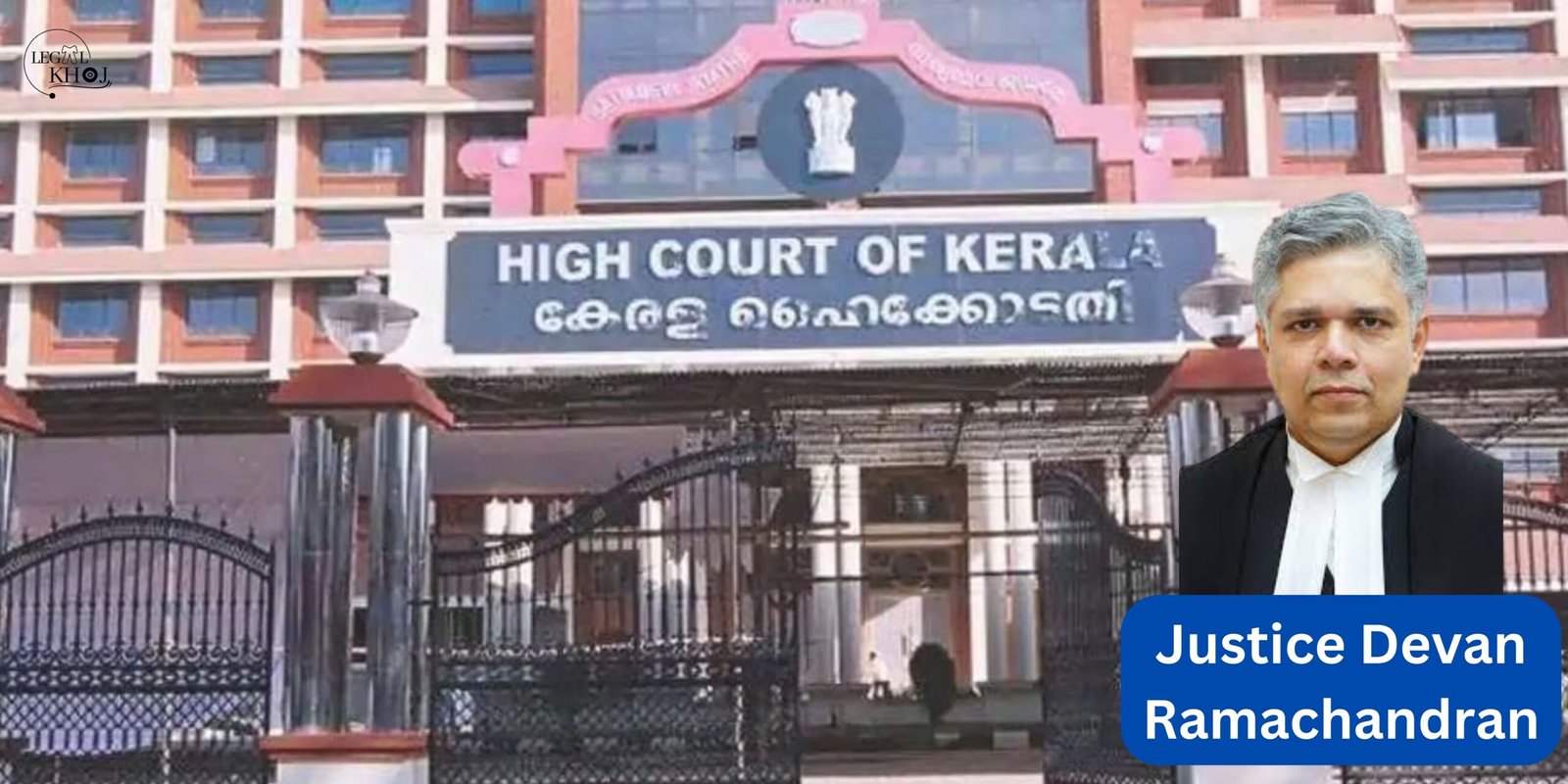Kerala High Court Backs India’s Religious Pluralism in Vidyarambham
In a recent case (KR Mahadevan v Mattannur Municipality & Ors.), the Kerala High Court noted that India’s rich heritage encompasses diverse philosophies, beliefs, and cultural traditions from centuries past, highlighting the nation’s religious pluralism.
Background India’s Religious Pluralism
Justice Devan Ramachandran made this statement when concluding a petition brought by a Hindu individual who claimed that the ‘Vidyarambham‘ ceremony organized by Mattannur Municipality was infringing upon Sanatana Dharma by compelling children to recite prayers that did not align with their faith.
The Kerala High Court noted that India, defined by its religious pluralism, has seamlessly embraced diverse philosophies, beliefs, and cultural values for centuries, making it a melting pot of spiritual diversity.
‘Vidyarambham’ originates from ‘vidya,’ signifying ‘knowledge,’ and ‘arambham,’ denoting ‘commencement.’ This ritual symbolizes the official initiation of young children into the realms of writing and learning.
A self-professed Hindu man filed a plea, alleging that the ‘Vidyarambham’ event organized by the Mattannur Municipality was compelling children to recite and write prayers that contradicted their religious convictions and the principles of ‘Sanatana Dharma.’
Consequently, he sought the intervention of the Kerala High Court to halt the relevant authorities from proceeding with the Vidyarambham program.
The Kerala High Court acknowledged the statements presented by the municipality’s officials, affirming that they had offered parents the choice to select the prayer they wished their children to recite during Vidyarambham.

Justice Ramachandran also recognized that the Mattannur Municipality was hosting the Vidyarambham event in a library environment, reflecting a secular approach.
The Kerala High Court stressed in its order that any effort, especially by respondents 1 and 2 (relevant authorities), to influence children into reciting or writing prayers against their parents’ preferences would contradict the principles of free thought and freedom of belief, which is unacceptable.
Hence, the Kerala High Court opted not to interfere, as it was evident that the authorities had already granted parents the choice to select prayers in line with their religious beliefs for the Vidyarambam ceremony.
Also Read –Government Of Rajasthan High Court has instructed the to release the Claim
Kerala High Court’s Analysis
The High Court highlighted the term ‘Vidyarambham,’ which linguistically signifies the ‘commencement of education or knowledge.’ The Court emphasized that this term does not inherently imply a specific mode or manner of conduct but rather signifies that parents can request their children’s initiation into education through specific prayers. The Court also noted that suitable options for these prayers had been provided. In essence, ‘Vidyarambham’ symbolizes the beginning of education, and its execution does not inherently dictate a particular method but instead allows parents to select appropriate prayers for their children’s educational commencement.
The judge expressed that there was no necessity for the Court’s intervention as long as the program was conducted in accordance with a secular approach, abiding by all legal regulations, and with the genuine consent of all participants. The judge emphasized that as long as these criteria were met, the Court saw no reason to interfere in any way. In essence, the Court’s intervention would only be warranted if there were breaches of the law or if the program lacked a secular approach, highlighting the importance of respecting both the law and individuals’ choices in such matters.
The Court emphasized that the event must be conducted with due regard for individual preferences. The judgment stated that the event described in Ext.P1 should be carried out by respondents 1 and 2, respecting both this principle and the choices made by parents. The judgment also cautioned that any actions by them that might undermine the constitutional principles, particularly the liberties of thought, expression, belief, faith, and worship for all citizens, would not be tolerated. This underscored the importance of upholding constitutional values in the conduct of the event.
Thus, the Court concluded and resolved the petition.









Leave a Reply